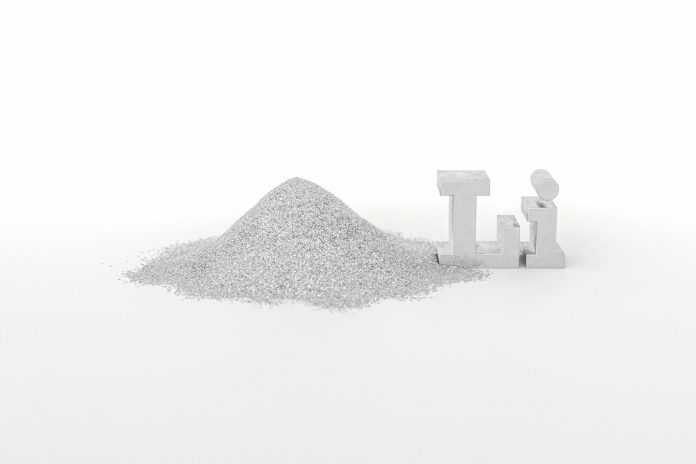Southwest Research Institute (SwRI) and University of Texas at Dallas (UTD) geoscientists are combining forces to find US lithium resources.
The collaborative project, ‘Toward domestic lithium independence: Tectonic controls on critical emerging lithium deposits’, will run for 15 months.
The project was selected for funding under the Seed Projects for Research, INnovation, and Technology (SPRINT) Program sponsored by SwRI and UTD.
The grant will provide $125,000 with a $50,000 cap on UT Dallas costs and a $75,000 cap on SwRI costs.
Why the US must secure domestic lithium resources
Lithium is a vital component in rechargeable batteries, which power everything from smartphones to electric vehicles (EVs).
As the demand for EVs and renewable energy storage systems continues to rise, having a reliable supply of lithium can support the growth of these industries, creating jobs and boosting the economy.
National security
Relying on foreign lithium sources, particularly from geopolitically unstable regions or countries with different strategic interests, can pose a risk to national security.
Ensuring a domestic lithium supply minimises potential supply chain disruptions and reduces dependence on foreign nations.
Technological leadership
The global race for technological innovation, especially in the green energy sector, is intense. By securing domestic lithium resources, the US can maintain and enhance its competitive edge in developing cutting-edge technologies.
This is vital for sustaining leadership in the global tech and automotive markets.
Energy independence
A secure domestic supply of lithium is essential for achieving energy independence.
It enables the US to develop and control its renewable energy infrastructure, thereby reducing reliance on fossil fuels and enhancing energy security in the transition to a clean energy economy.
This latest initiative aims to identify and secure domestic lithium resources that will be essential to delivering the US’ goals.
Project overview
This project will investigate the formation of lithium deposits through fieldwork, geological mapping, and subsurface analysis to develop a conceptual model.
The research team aims to use their findings to apply for grants from the National Science Foundation and the Department of Energy.
Dr Adam Cawood, a senior research scientist in SwRI’s Earth Science Section, added: “We will consider established techniques from other industries and apply them to this kind of search.
“As structural geologists, we look at faults and fractures in the subsurface where lithium-enriched fluids could flow, leading to lithium transport and accumulation below ground. Meeting domestic lithium demand is the ultimate goal.”









